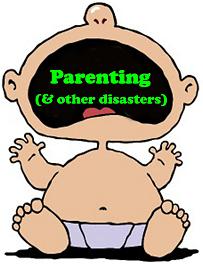Andrew Culliford, whose story is featured in the Daily Mail, is one of the estimated 7 in 100,000 people living with Motor Neuron disease, a progressive degenerative disease which attacks muscles, leaving those affected eventually unable even to breathe unassisted. For Andrew, a young father who has a severe form of the disease, it means a two to five year life expectancy.
Like Les Halpin and Jenn McNary, the mother of twins afflicted with a similar rare disease, he has a simple request: earlier access to medicines that might help improve or extend his life.
The US introduced a mandatory pre-approval process for pharmaceutical drugs after over 100 people were killed by an untested drug formulation . Today, each drug must go through a series of strictly controlled trials, including Phase 1 tests on healthy volunteers, followed by Phases 2 and 3 which test the drug and dosages on smaller and then larger patient groups. The process is estimated to cost $500 million per drug and to take 8 – 12 years.
The process is designed to ensure the efficacy of drugs has been scientifically demonstrated to a very degree of confidence, and to ensure that patient safety is sufficiently protected. In many ways it has been a triumph of science and regulation.
But it has been a failure for one small group of patients: those with rare, imminently lethal diseases, for whom there are no existing good treatments. Those who will die in less than 8 years. It is these patients who are asking to have access to untested medicines, and to avoid placebo controlled trials, where half the participants are given no drug at all. Les has proposed innovative methods of patient recording data. I have discussed this proposal previously on this blog , and in a joint paper with Les Halpin and clinicians.
Read More »Safety First? How the Current Drug Approval System Lets Some Patients Down




 In a
In a 
